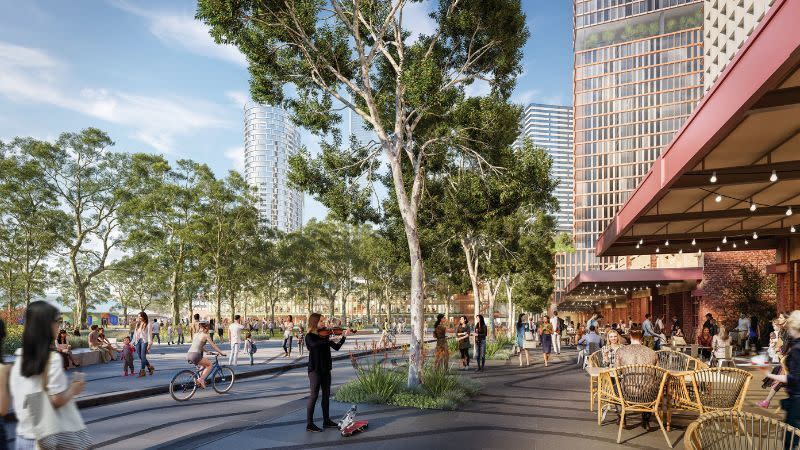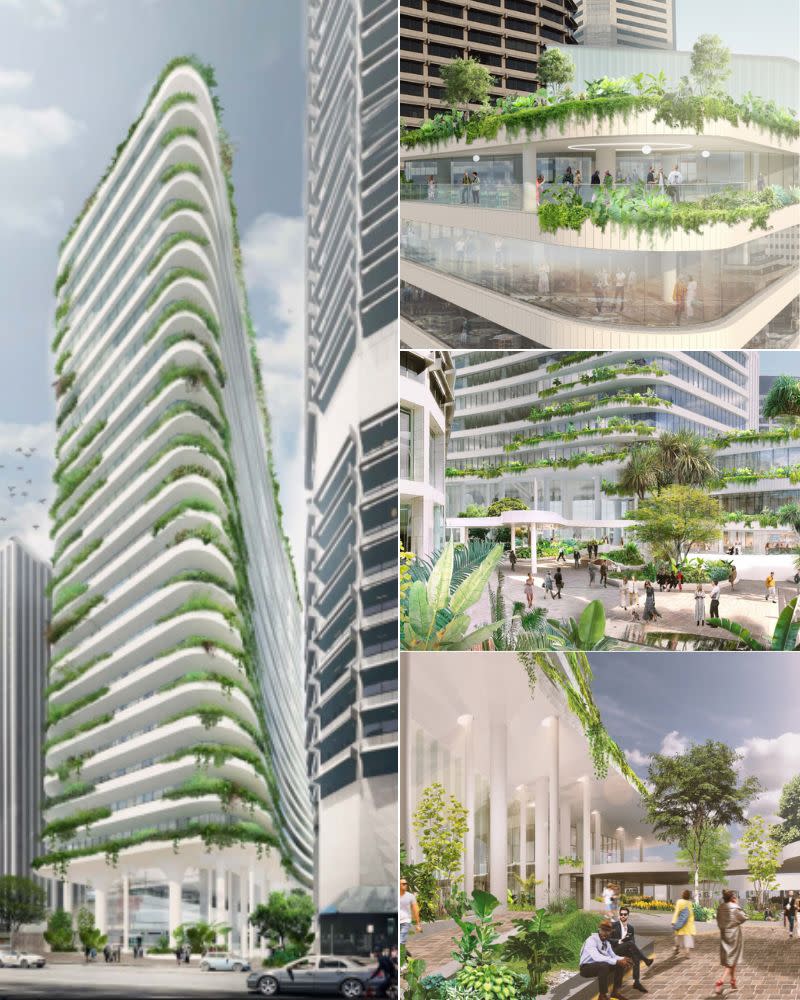Resources
Newsletter
Stay up to date and with the latest news, projects, deals and features.
Subscribe
Lendlease continues its transformation from developer to investor as prevailing headwinds in construction put a dent in its bottom line.
In a sign of the times, the global developer’s annual operating EBITDA results reveal a 14 per cent downturn as the business looks to “rightsize” its workforce and intensify its investments-led strategy.
Lendlease is shifting its focus from developments to investments, targeting a 60 per cent investments weighting.
The builder-developer also flagged it was shifting its construction strategy to “no longer build apartments for sale for third parties or external projects less than $150 million in value”.
Lendlease global chief executive Tony Lombardo said the group’s performance had been impacted by strong headwinds, high inflation and a significant policy shift on defects liability in the United Kingdom.
“We made significant progress during the year towards being investments-led and further simplifying the Group,” Lombardo said.
“However, our financial performance was impacted by a number of issues related to prior projects and activities.
“Despite these challenges, we grew our funds under management to $48.3 billion, increased development commencements, further streamlined our operations, and are now on track to achive our ROE target range in the 2024 financial year.”

Property valuations were down by $175 million, or 7 per cent, across the group’s portfolio.
The group has filed a statutory loss after tax of $232 million, which was largely attributed to a $295 million provision for retrospective UK government action.
Residential building defect liability periods have been extended from 6 years to 30 years.
Lendlease also divested $1.3 billion of portfolio assets with further divestments in the wings, including its Australian Communities business, which was put up for sale in April through Macquarie Capital. Industry heavyweights including Frasers Property and ASX-listed Stockland are reportedly bidding on the portfolio.
Lendlease is also looking for capital partnering on Ardor Gardens, its Chinese senior living development.
The group is also trimming the fat, targeting a higher allocation to investments with a re-weighting towards 50 per cent capital allocation, and a further 10 per cent workforce reduction.
According to the ASX-listed company’s announcement the headcount reduction was expected to have minimal impact on the progress of its Investments-led strategy and delivery of our development pipeline.

GPT also posted interim results for the 2023 financial year, which demonstrated the cooling of commercial asset values in the first half of 2023.
In the six months to June 30, GPT’s office asset portfolio recorded a 4 per cent decrease of $241.8 million in valuation, while retail recorded a 1.8 per cent loss, and industrial and logistics assets recorded a small value bump of 0.1 per cent.
GPT chief executive officer Bob Johnston said the balance sheet “remains in good shape with gearing below 30 per cent and approximately $1.5 billion of available liquidity”.
“The rise in bond yields has resulted in further softening of valuation metrics for real estate assets and a 3 per cent decline in the valuation of the group’s property portfolio during the period,” Johnston said.
“Our retail portfolio has delivered strong performance during the period. There has been a strong return to in-store retailing post the pandemic and occupancy across the retail portfolio remains high.
“The office leasing environment remains challenging with hybrid and remote working impacting tenant demand. We continue to see a flight to quality as tenants seek out workplaces with quality fit-outs and amenity, and this trend has supported GPT’s office leasing outcomes during the first half with more than 58,000sq m of leasing achieved.”